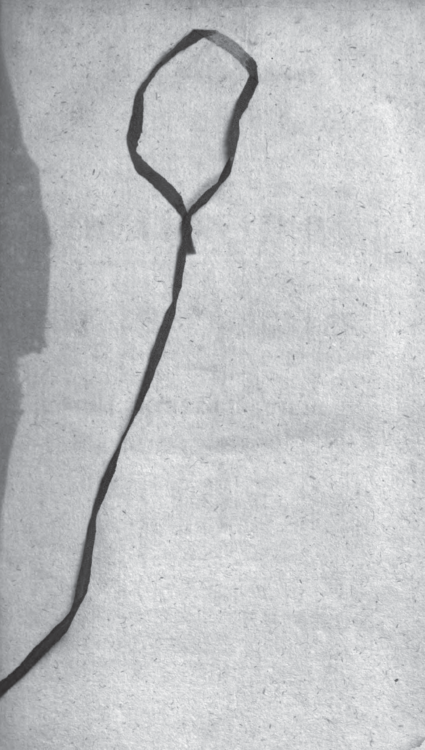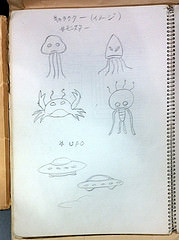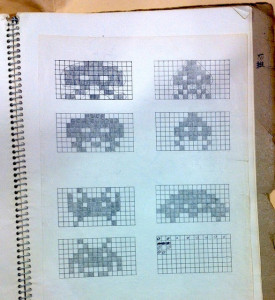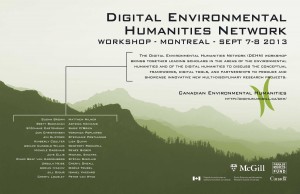Today we had our annual celebration of SSHRC funded researchers, SSHRC Stories and Success 2014. I introduced the speakers and the theme.
Thank you Associate Vice-President Johnston. Good afternoon colleagues, it is my pleasure to introduce the theme for this year’s event, which is:
Emerging Technologies: Competing Needs and Challenges
I should begin by confessing that as I was preparing for this, I had one of those Emperor’s new clothes research moments when I realized I had no idea what really are the emerging technologies and no metric with which to evaluate my intuitions. It is easy to become convinced certain technologies one understands are emergent, but that doesn’t mean that there aren’t other more important trends or that one isn’t blinded by ones commitments.
Fortunately it turned out that the Wikipedia actually has a list of emerging technologies to keep me honest so I have chosen a few from that list as a way of introducing the theme and the researchers who will talk to it.
- An area where there are a number of emerging technologies coming now to market is display technology and virtual reality. From consumer 3-D televisions that may or may not take off to Virtual Reality head sets like the Oculus Rift that was recently bought by Facebook for 2 billion – there is a lot of change in how we can watch on the horizon. I recently had a chance to try out the Occulus Rift development headset with content from Canadian research and design teams and it is a good news bad news story. The technology works and is solid – it won’t be long before it is brought to market, but there still is a nausea problem. Any of you who remember the VR excitement of 1990s will remember nausea was a problem then too. Maybe this is a re-emergining technology. More important than the technology, however, are the forms of engagement and immersion being imagined for the virtual and Patricia Boechler will be talking about The Third Dimension: Immersive Virtual Environments in Educational Research and Practice.
- Of particular interest to us here in Alberta is a second category of emerging technologies and those are the emerging energy technologies and resource extraction technologies. The Intergovernmental Panel on Climate Change recently released their 5th assessment report titled “Climate Change 2014: Mitigation of Climate Change.” One of their conclusions for which there is high evidence and high agreement is that “deep cuts in emissions will require a diverse portfolio of policies, institutions, and technologies as well as changes in human behaviour and consumption patterns.” That sounds like a call for social science and humanities research and partnerships. The University of Alberta is one of the places where badly needed interdisciplinary research is emerging around the challenges of the interaction of technologies, policies and human behavior. The story of climate change and how we mitigate its effects is ours to study and change and today we have Gordon Gow who will talk about Stewarding Technology for Inclusive Innovation.
- The third emerging technology I want to mention goes under the rubric of the Internet of Things. The idea is that soon we will be able to afford to embed networked computing in everyday appliances like your refrigerator and associated consumer products like the milk that goes into the fridge. Then the fridge could keep track of the milk and automagically tell you when you needed to buy more. The conveniences are endless – I could use my smartphone to tell if I had left the stove on or really locked the door every morning before I turn back to check. But there is another side to such a network of things. Bruce Sterling, a science fiction writer, has an essay on the Internet of Things that argues that the story of the Internet of Things has an overlooked history (smart appliances crop up regularly), and that this time the story of convenience is being harnessed for economic surveillance. He rightly points out that we are not the customers of companies like Google and Facebook – the customers who pay Facebook for a service are the advertisers and those who buy data about us – . If all our appliances are capable of transmitting even more data about us, who will gather that data, who will mine it, benefit from it and sell the analysis? Kevin Haggerty, our second speaker thinks about surveillance issues broadly going beyond the hi-tech concerns I have and he will be talking about Technologies of Nature: Surveillance at the Limits of the Human.
In closing I want to say a few words about how the social sciences and humanities are turning to think through emerging technologies. The Canadian science fiction writer William Gibson who coined the term cyberspace and helped us imagine that emerging technology in his 1984 novel Neuromancer has famously said that “The future is already here — it’s just not very evenly distributed.” Too often people outside the social sciences, arts and humanities think we are last to whom it is or should be distributed in the academy, but that is not the case historically nor today. If anything it is the social science, arts and humanities community that asks what technology is, how it emerges, how it is distributed, and how it can be used creatively. We are already deeply involved studying the emergence of technologies in the imagination and in use. We teach students to beware of the hype around technology and we teach them to use technologies creatively. What is emergent is a multifaceted and interdisciplinary engagement in research and teaching with technologies and their very idea.






